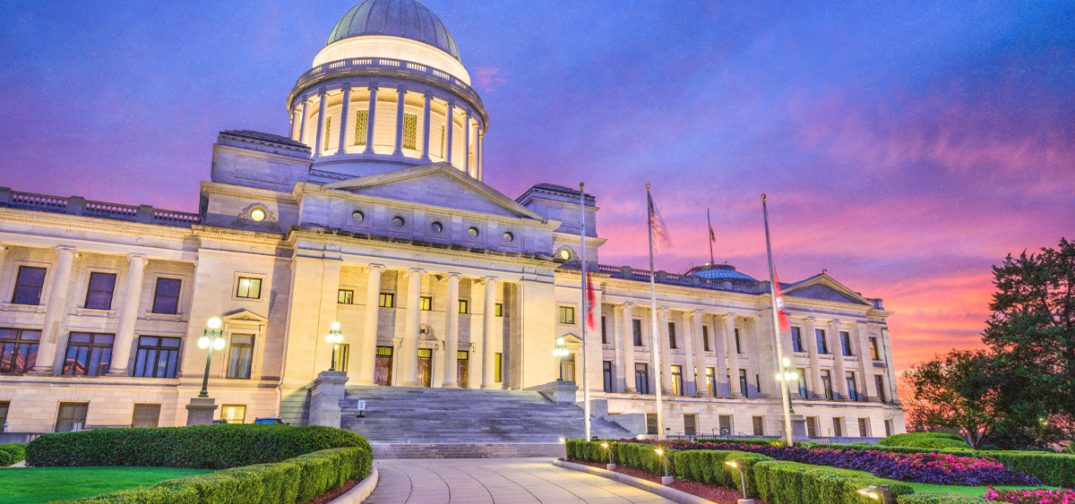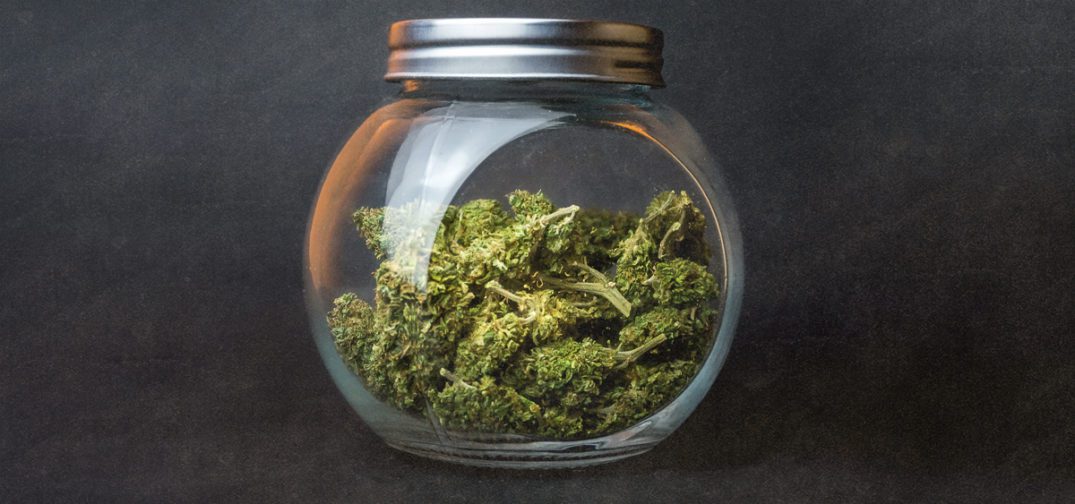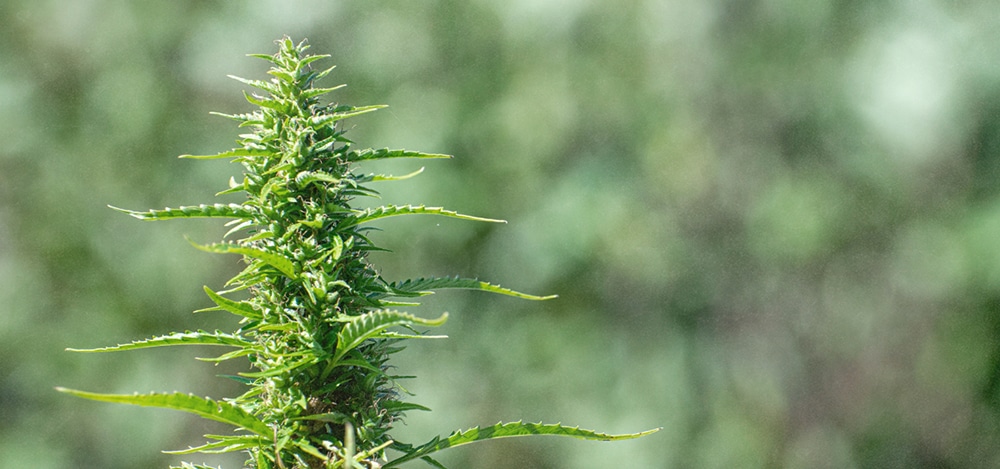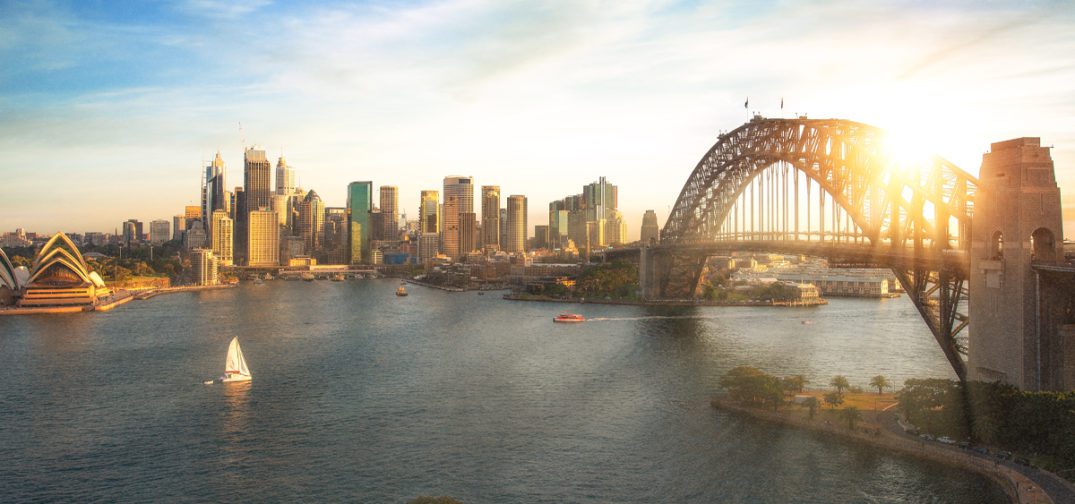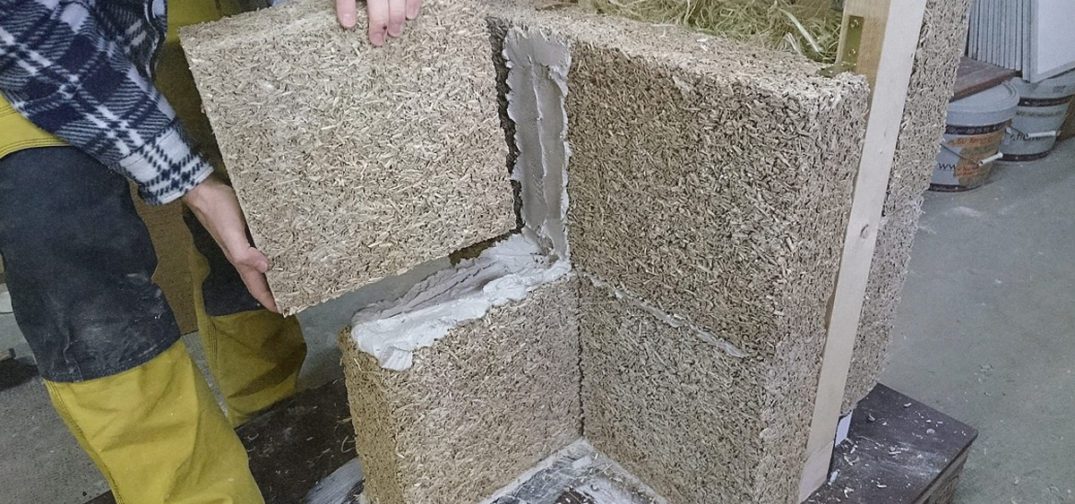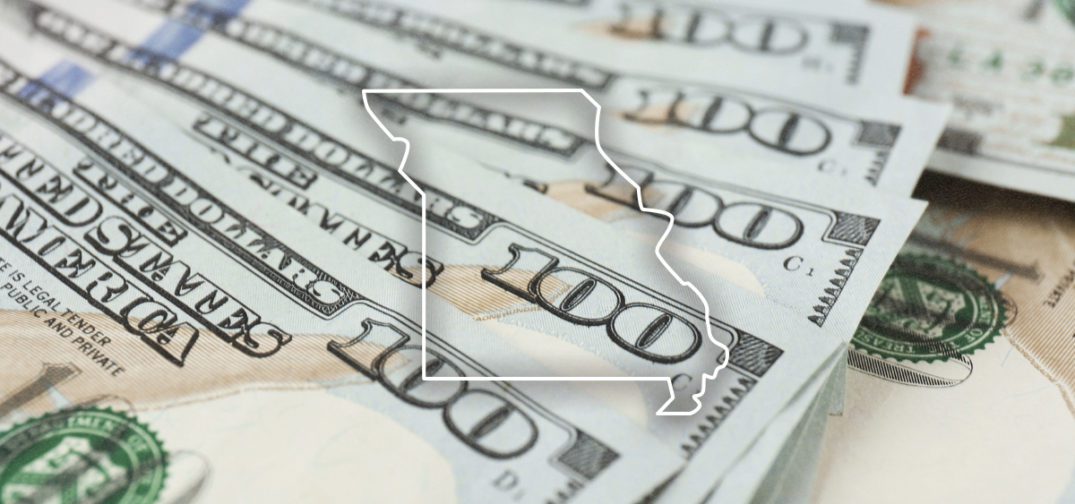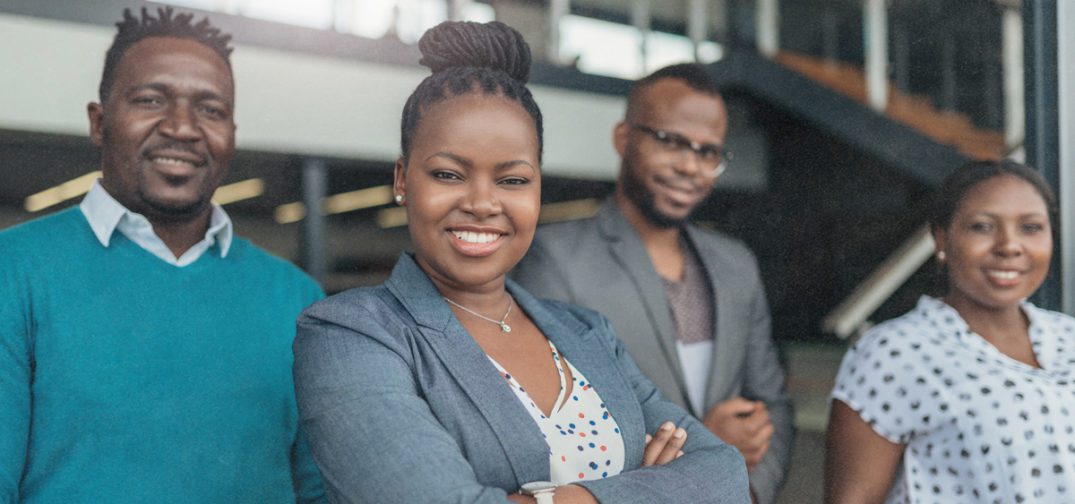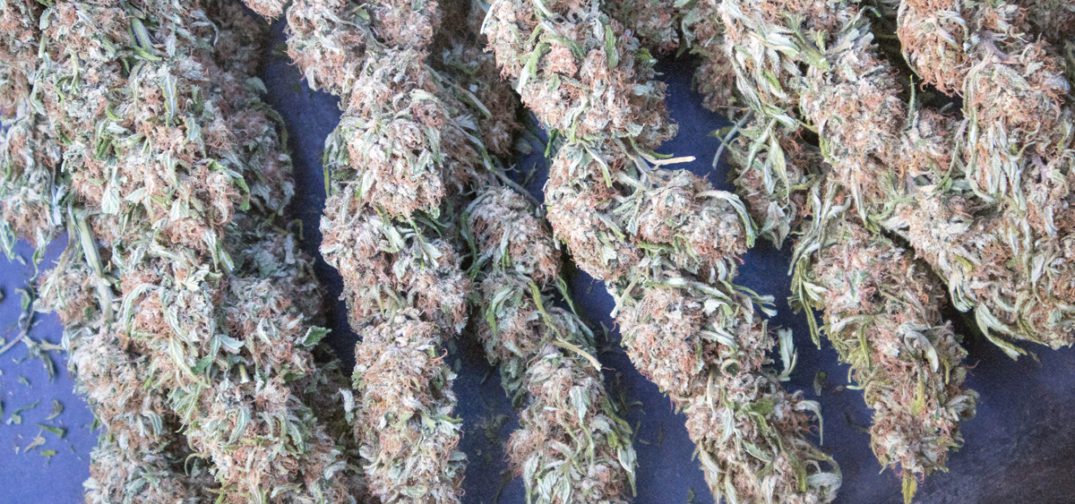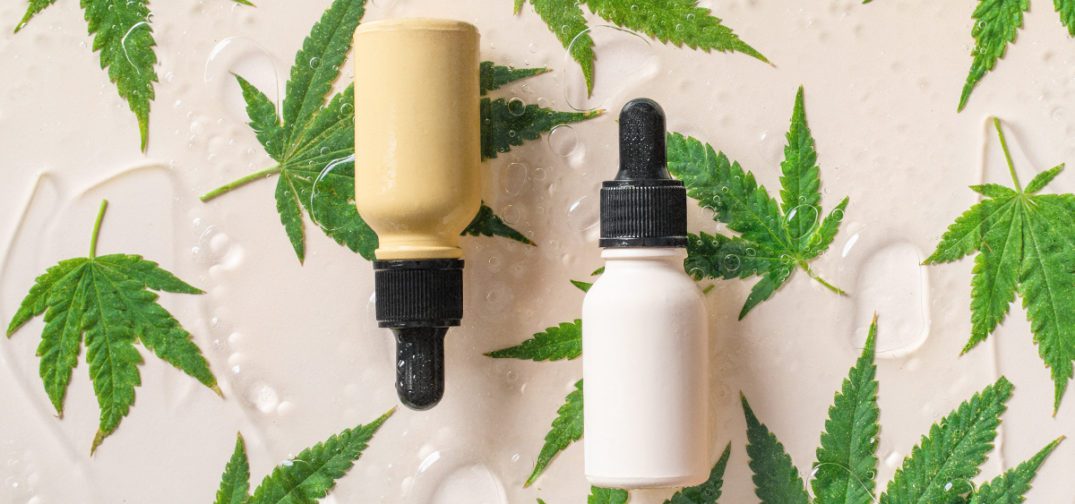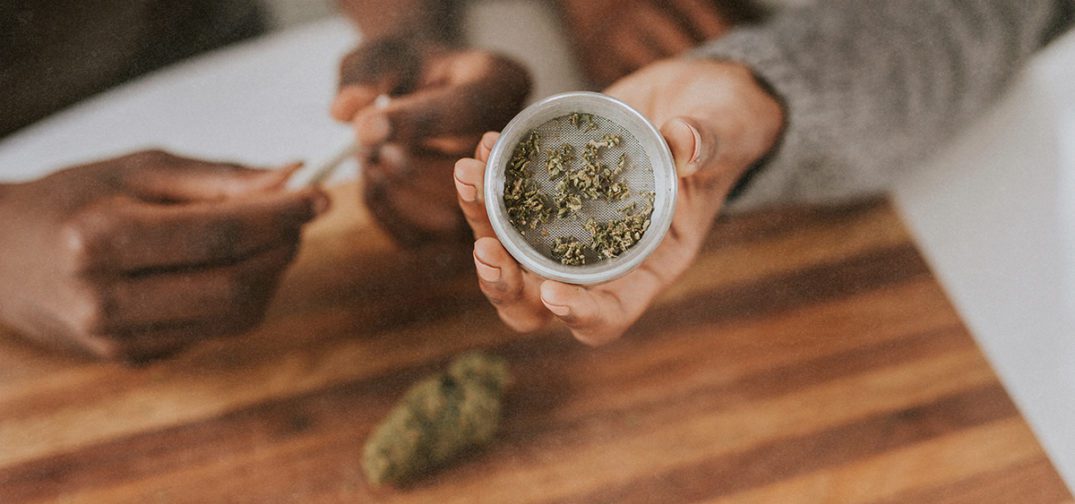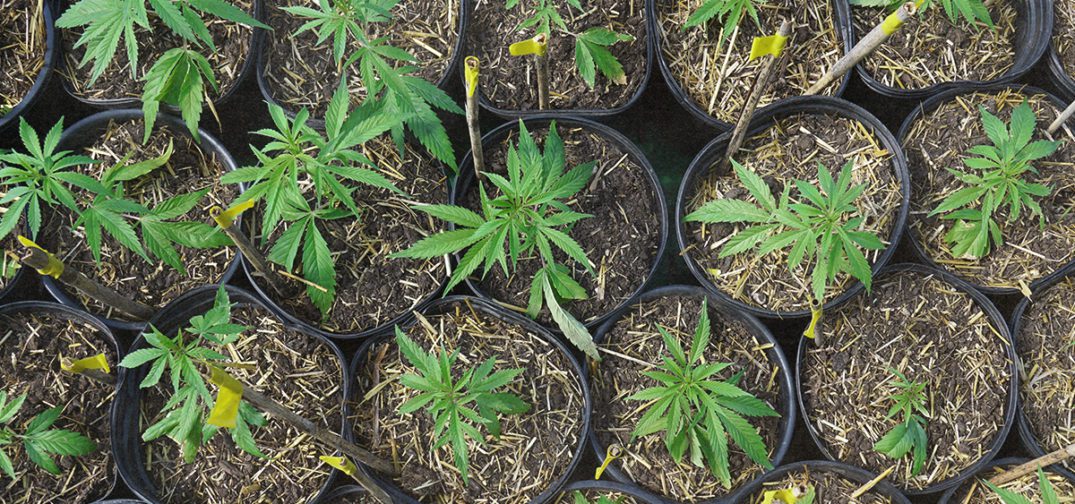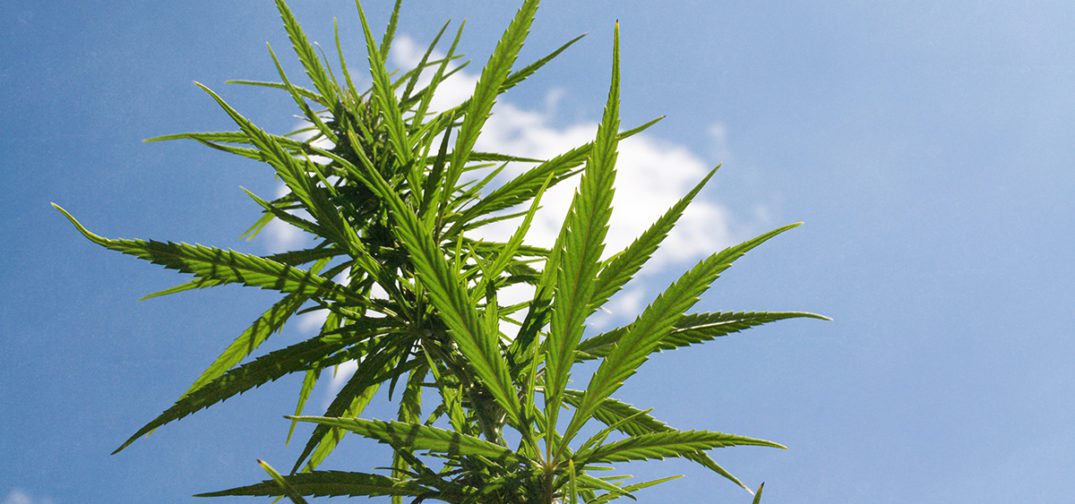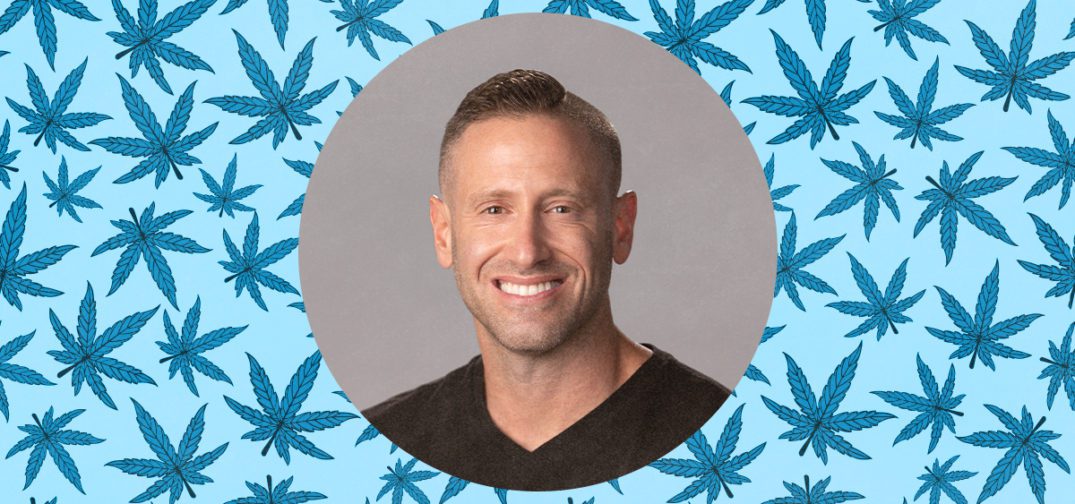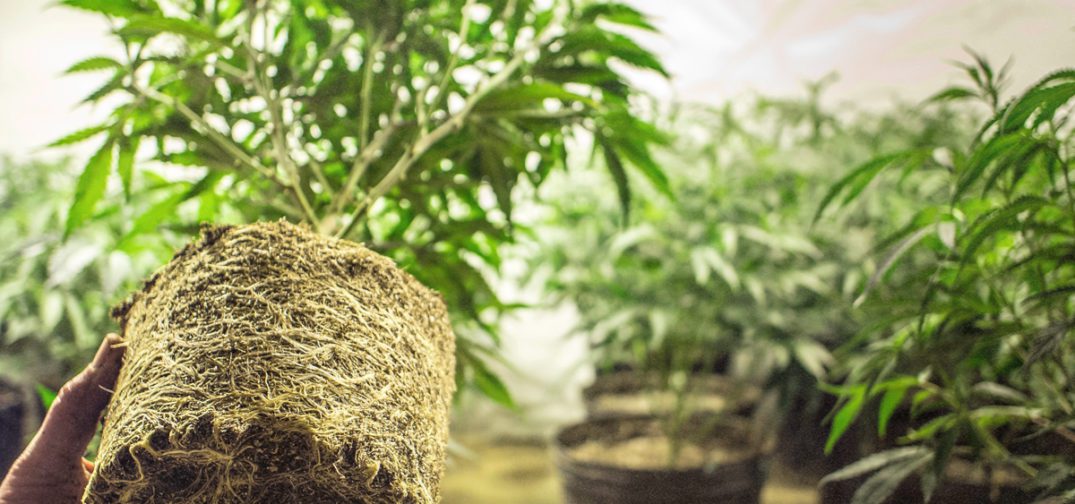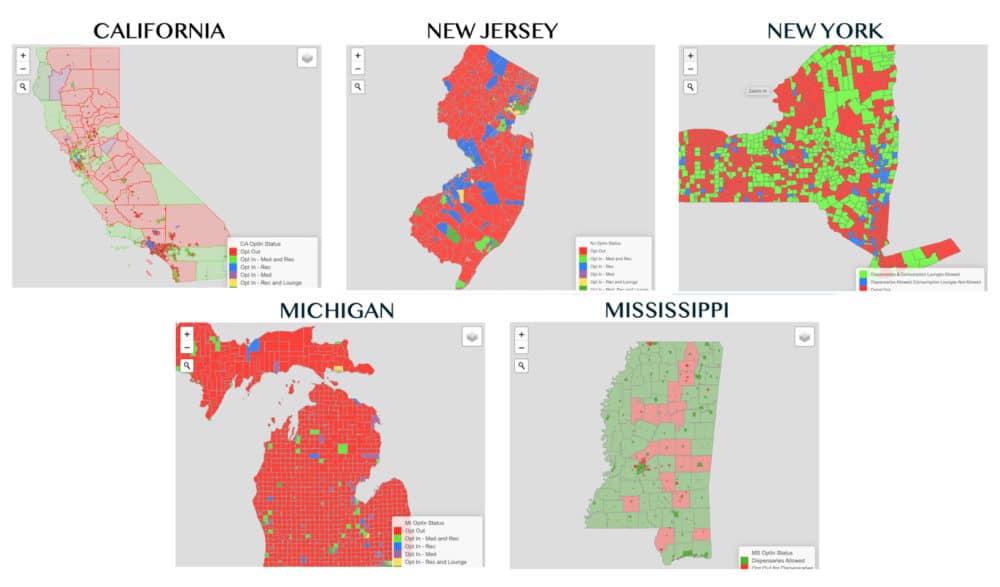Whether due to the popular music festival or because of its status as an agricultural beacon for the state, Coachella Valley is well known in California. Green Horizons is an upcoming California cannabis brand seeking to add cannabis to the list of crops associated with the region.
The company is offering a special product drop this October through a select retailer and is on track to expand its massive cultivation campus throughout next year. We recently connected with Green Horizons CEO Carlos “Los” Arias to speak about the company’s upcoming first product drop, why they are building such a large cultivation footprint, the support from their surrounding community, and more!
Keep scrolling to read the full interview.
Ganjapreneur: When was Green Horizons founded and what is your role at the company?
Los Arias: Green Horizons was founded in 2018. My role at the company is Chief Executive Officer. In that capacity, my primary charge is to spearhead the strategic synchronization of world class scaled infrastructure, with a global CPG house of brands platform. I also lead on capital raising initiatives and invest considerable time developing substantive relationships with strategic partners throughout the value chain.
What was your experience with cannabis cultivation before establishing Green Horizons in Coachella Valley?
I honed my commercial cultivation chops with RiverRock in Colorado, which I joined in 2015 upon raising $2M in growth capital for the enterprise. I then went on to become a first mover licensee in California in 2017, securing one of the first cultivation licenses in Cathedral City. I was also able to raise seven figure financing for this venture and built a 20,000 sq. ft. indoor craft cultivation campus that became synonymous with top shelf flower in the state. I then went on to co-found Green Horizons with my partner, Michael Meade; and later Tommy Hilfiger and Star Branding Investment Group, which is my sole focus in the California marketplace today.
Is the campus on track to be open in Fall 2022?
Yes, completion of our Phase I (101,787 sq. ft. of high tech, automated light deprivation greenhouse) will be delivered in the Fall. We’ll look to commence nursery operations at that point to propagate proprietary genetics, and then look to initiate full cultivation operations in Q1 2023.
What inspired the company to build a one million square foot campus? Will facilities be built in phases over time?
Michael and I shared a thesis years ago about the inevitable commoditization of the California marketplace, and what it would take for companies to survive (and thrive) in that environment. The undergird of our vision was segueing low COGS scaled infrastructure to a house of brands portfolio. Michael did the heavy lifting on purchasing the real estate, entitling it, working hand in glove with the city to situate the proper utilities and the like. Years of work and millions of dollars later, Green Horizons was able to secure long term tenancies on these adjacent parcels and in turn establish staying power to precisely time our market entry.
Due to our low COGS and track record of cultivating premium flower, commoditization in the marketplace is a third mover opportunity to take market share. In pairing this competitive advantage with a compelling brand portfolio, in alignment with a mogul like Tommy Hilfiger, Green Horizons becomes a global IP play out the gate that is strategically buoyed by infrastructure. This is important because it allows for consistency and margins, which is what the asset light brands are missing; and why they are (quietly) hunting for cultivation assets of their own. We saw this dynamic years in advance. We are set to commence construction on our Phase II by early 2023, which will bring on another 125,000 sq. ft., inclusive of 25,000 sq. ft. of corporate offices, distribution and co-packing capabilities.
We feel comfortable starting with this initial footprint, given our expectation that our brands will connect with consumers in a meaningful way. We’re of the mindset to then gauge the marketplace in real time thereafter and ascertain when it’s appropriate to bring more square footage online – or not. That is a core differentiator for Green Horizons, i.e. the alignment between the real estate and the operating company. We’re on the same team. That’s an unusual dynamic.
Does Green Horizons do any outreach or mutual aid for the surrounding Coachella Valley community?
Green Horizons has an entrenched relationship with the surrounding Coachella Valley community, and recognizes the privilege to work in the legal cannabis space. The Company is partnering with the City of Coachella in launching the Build the Valley Initiative, which will consist of two prominent initiatives: first, building infrastructure for the community; and second, advocacy for expungement and job creation for which Green Horizons will create a dedicated Coachella Valley program.
Where can people find more information about the Build the Valley initiative? Is there a timeline for enacting the initiative?
The Build the Valley initiative is being incubated internally at this moment with city of Coachella officials and local community leaders. We are assessing what the primary needs of the community are and how we can best contribute to produce transformative outcomes with lasting impact. Our vision is to be precious and meticulous with this process, with an eye towards enacting the initiative once our facilities are fully operational and sufficiently generating revenue.
How many jobs has Green Horizons created? Do you prioritize hiring area locals?
With the advent of the cultivation operations, Green Horizons is slated to create over 100 jobs. In service to the local municipality, Green Horizons will also be hosting two job fairs in Coachella in Q1 2023, one of which will be limited to Coachella residents only. We are passionate about hiring locally and creating value for the families in the valley, as a means of paying it forward for all the love and support they have graced us with.
What temperature and humidity controls are used in the greenhouses to keep the optimal temperature?
The facility is outfitted with equipment operation and environmental controls by Link4. There are four stages of cooling/temperature control: (i) a state of the art greenhouse evaporative cooling system; (ii) a micro cool misting system, which also will control humidity and keep VPD ranges optimal; (iii) a shade cloth system outfitted by NextG3N; and (iv) a roof peak venting system.
How does the facility source water?
The facility’s source of water is obtained from the Coachella Valley Water District. According to DWA estimates, Coachella Valley sits on top of an aquifer containing some 40 million acre-feet of water in just the top 1,000 feet of what is believed to be a 13,000-foot-deep underground reservoir filled with water, rock and sand. The facility also has an option to source water from a well located on property.
How has sustainability been considered in greenhouse engineering and operations?
Our IPM program is completely and 100% OMRI listed, naturally occurring, or living predatory insects sourced from companies that farm these. We have also sourced the highest grade, most technologically advanced systems for our water treatment, fertigation, and irrigation protocols.
The facility utilizes state of the art, high efficiency evaporative cooling controlled by a variable frequency drive, with the incorporation of a cool misting system to hit VPD targets, as opposed to high energy and water use applications, i.e. HVAC, and/or large water chiller units.
Our water treatment R/O utilities are as efficient as possible, insofar as product vs. waste generation. All water used in the facility is collected into an all-encompassing capture drainage system, which is ported to remediation before being released back for any other uses. We have incorporated a top-of-the-line H.E. Anderson fertigation system, which brings the highest efficiency utilization of nutrients within our program. We have also completely outfitted our irrigation with a Rivulis drip irrigation system, which will direct all water to the contained medium.
Coupled with a robust crop steering program, we will be able to have complete control of our water/nutrient usage rates, guaranteeing remarkable water usage efficiency, with little to no water waste. All our used medium will head to a remediation site, which will put it through a specialized process and then be recycled for further use.
On the electrical front, all our electrical and equipment has been wired to incorporate the most efficient voltage uses in order to minimize our electrical loads on the grid, and ensure highest usage efficiency. We have incorporated VFD for all exhaust fans to further support this aspect. We will moreover implement a waste management program that will encompass the complete needs of operations, to further ensure cleanliness and minimize environmental impact. All operations are contained within the walls and roof of the facility, and on top of a non-permeable floor to ensure nothing can leak into the earth’s surface.
You’ve mentioned that Green Horizons will build multiple CPG brands. What will the brand family look like, and who will the target consumers be?
We’ll be making a dedicated announcement about our inaugural brand in Q1 2023, but what I can say now is that the debut is a crossover of an existing apparel brand that will be celebrating its 50th anniversary in 2023. The brand has its roots in tennis culture, and is steeped in an ethos of celebrating rebels and icons. It is a heritage brand that is ripe for modernization, and we feel the cannabis industry is a very organic extension of what the brand has stood for all these years. In fact, the founders of the brand always intended for it to be a wink towards cannabis culture, which we’re really excited to turn a new leaf with. The confluence of cannabis, sports and fashion is an exciting lane that we think appeals to both legacy and cannabis curious consumers alike.
We’ll be debuting a specialty line of infused pre-rolls to birth the brand in commerce, paired with limited release drops of the apparel. Our second brand is more value driven, in homage to our sun grown roots in the Coachella Valley. What I can also say is we’re particularly keen on elevating creative design within the packaging sphere across all segments of the value chain. Even our value driven brands will feel and smoke premium, as we’re extra precious about both processes, respectively. We employ a conscious and inspired sensibility of artistry into everything we do, driven by a desire to bring people together. In the truest sense, we are all one. Our brands will connote that in their own unique way.
This business started with an investment from your best friend. Do you have advice for entrepreneurs who get into business with their friends on maintaining a healthy friendship and business relationship?
Yes, my journey in cannabis started with a leap of faith from my best friend. The dispositive factor in my experience has been unfettered honesty. The terrain is never going to be perfectly linear, be it in a business venture or in life. I’ve had the pleasure of navigating highs, lows and everything in between with someone that has been by my side for 30 years. That’s a rarity that I don’t take for granted. Even in our most difficult moments, we found a way to reach common ground because of the bedrock of our friendship. Adversity is a blessing, and if we surrender to it, the alchemy that manifests is far more powerful than the original divisive energy that tests friendship in the first place. Succinctly, my advice to entrepreneurs is to not be afraid to be vulnerable. The vibration of vulnerability imbued with integrity will always carry you to a peaceful conclusion, no matter the circumstances. Ultimately, that’s all that matters anyway.
Thanks, Los, for answering our questions! Readers can visit GreenHorizons.io to learn more.


